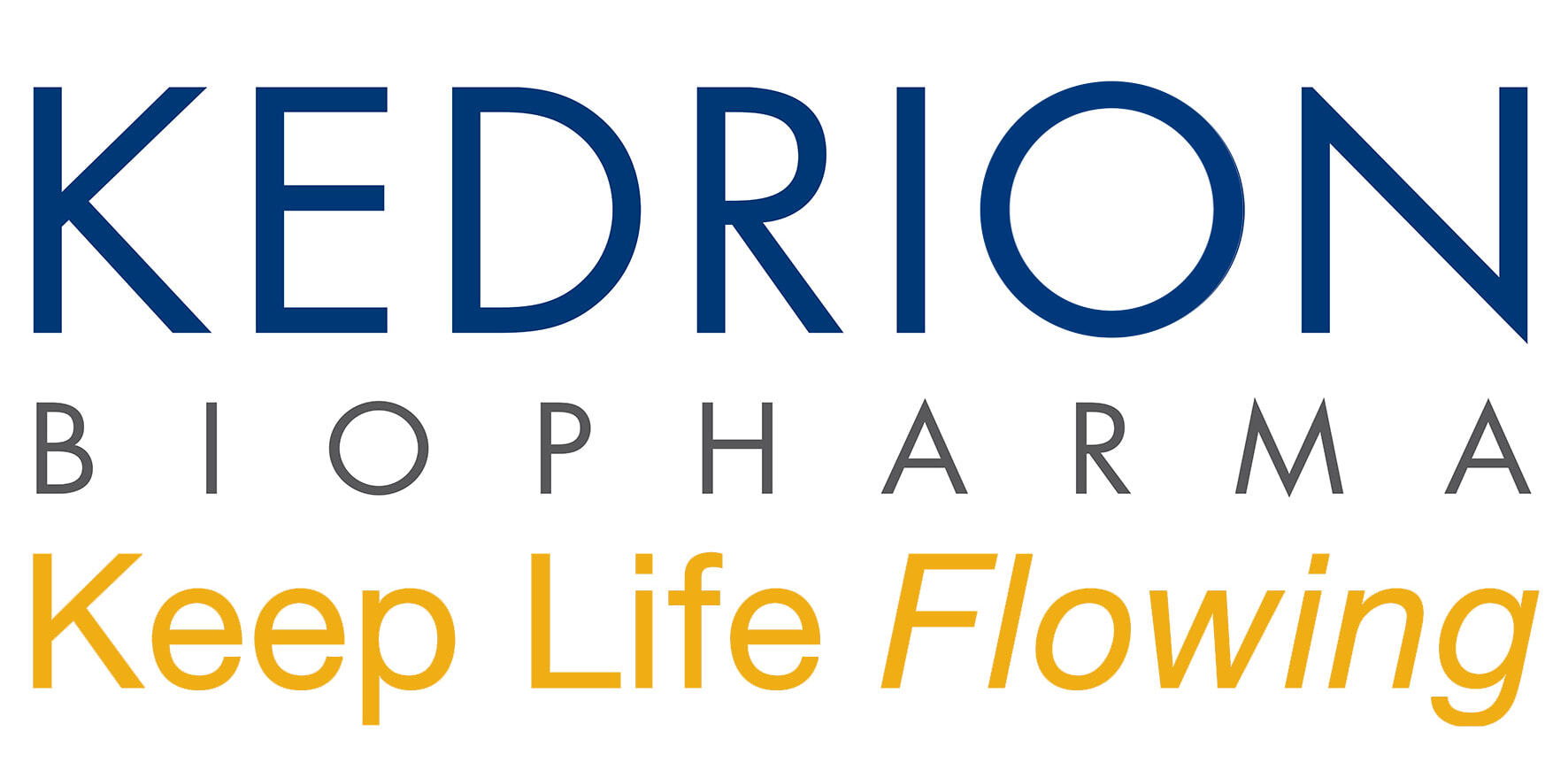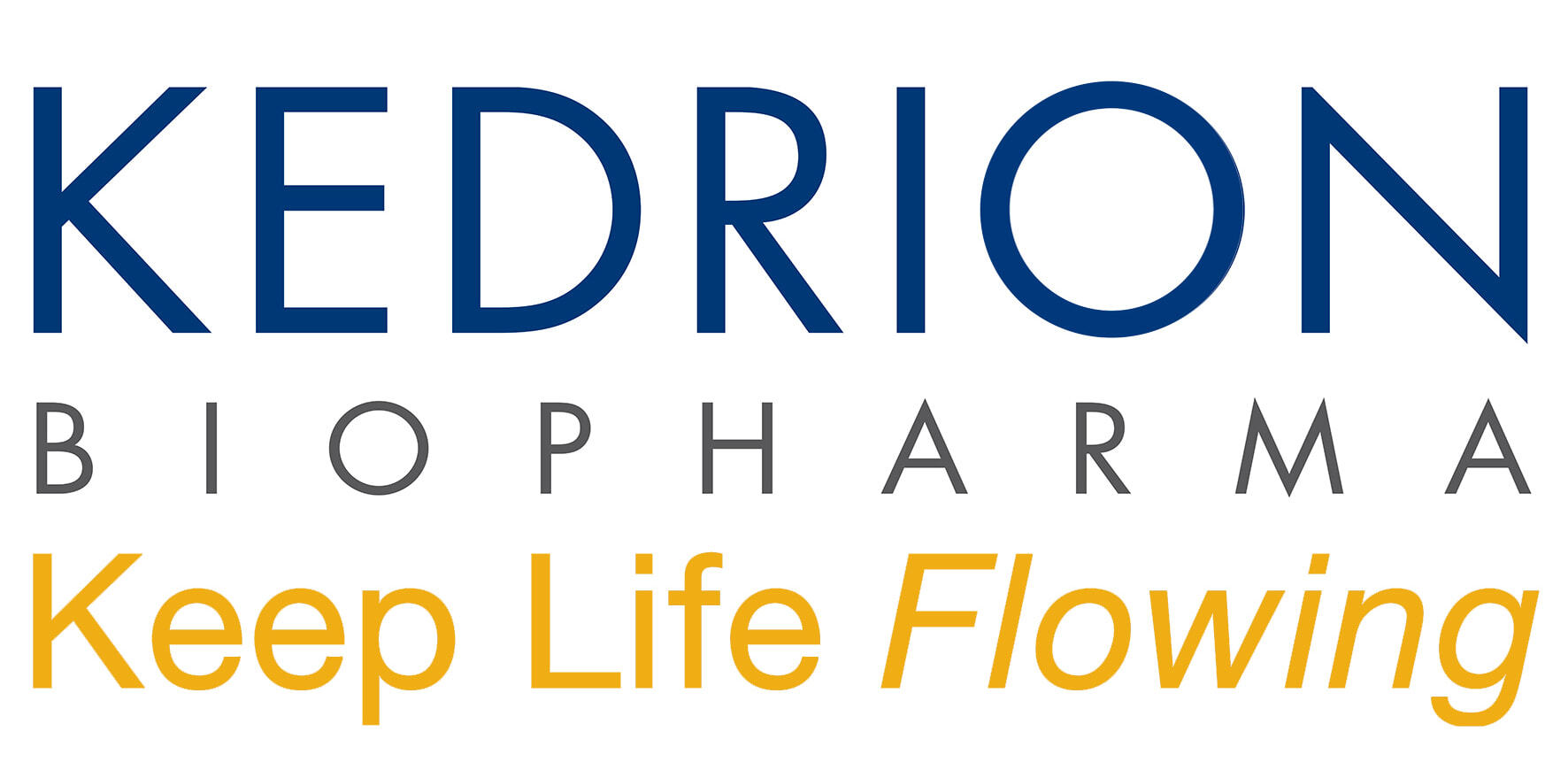Kedrion S.p.A. and Kamada Ltd., a plasma-derived protein therapeutics company focused on orphan indications, today announced the submission of a Biological License Application (BLA) has been filed with the U.S. Food and Drug Administration (FDA) for a post-exposure treatment for rabies, a life-threatening condition. The human anti-rabies immunoglobulin (IgG) therapy was developed as a collaboration between the two companies.
Kedrion and Kamada have a strategic agreement for the clinical development and marketing of the anticipated new IgG rabies treatment in the U.S. Kamada will hold the license for the approved product and Kedrion will exclusively market the therapy in the U.S., subject to receiving marketing approval from the FDA.
Kamada has been selling the product since 2003 in numerous territories outside the U.S.. Kamada has sold more than one million vials of the product to date, demonstrating significant clinical and safety experience with the product.
“We are pleased to achieve this important milestone in the development of our human rabies immunoglobulin,” said Amir London, Chief Executive Officer of Kamada. “In the U.S., approximately 40,000 post-exposure prophylaxis treatments are administrated each year, representing an annual market opportunity of over $100 million.”
“Kedrion is pleased to be collaborating on the clinical development and anticipated commercialization of an important new rabies treatment in the United States,” said Paolo Marcucci, Chairman and CEO of Kedrion S.p.A. “We have recognized that a clear need exists for an additional rabies treatment option. Kedrion will be making a significant contribution to the health and welfare of large numbers of people who may have been exposed to a life-threatening but completely treatable condition.”
The BLA is based on results announced in December 2015 from a prospective, randomized, double-blind, non-inferiority Phase 2/3 study of 118 healthy subjects. The study evaluated pharmacokinetic (PK) parameters of anti-rabies IgG levels in serum at different time points and assessed whether the human rabies IgG interferes with the development of endogenous antibodies. Study results showed that the primary endpoint of non-inferiority was met with a difference of -1.8 percent between the two therapies with variability between -8.2 percent and 3.1 percent (90 percent confidence limit). No drug-related Serious Adverse Events (SAEs) were experienced by study subjects.
Kedrion and Kamada expect a regulatory decision from the FDA on the BLA in mid-2017, and plan on launching the product soon after a favorable decision.

